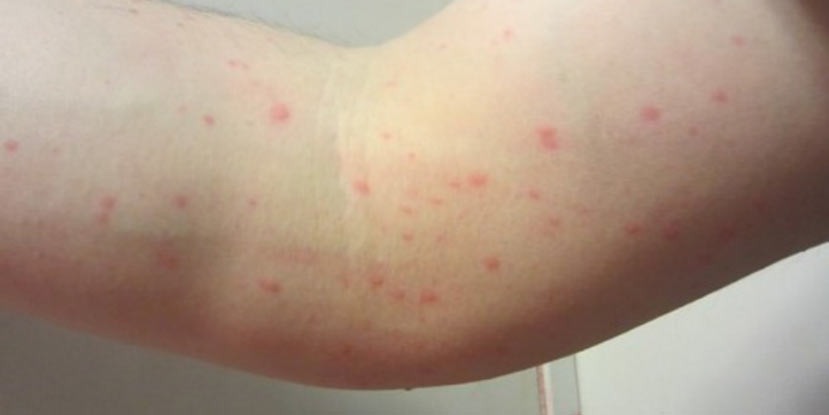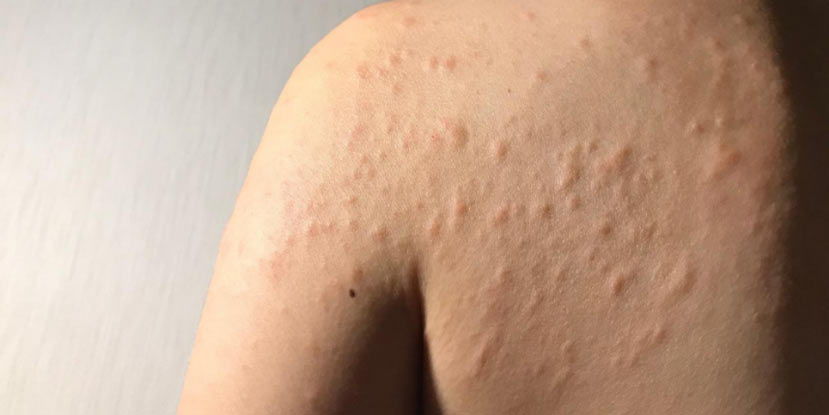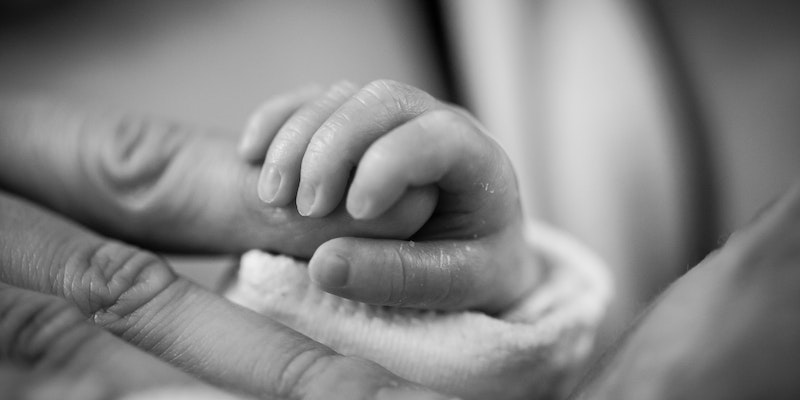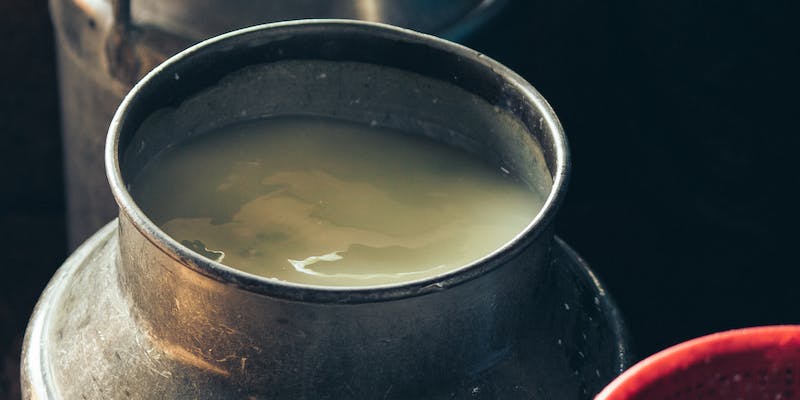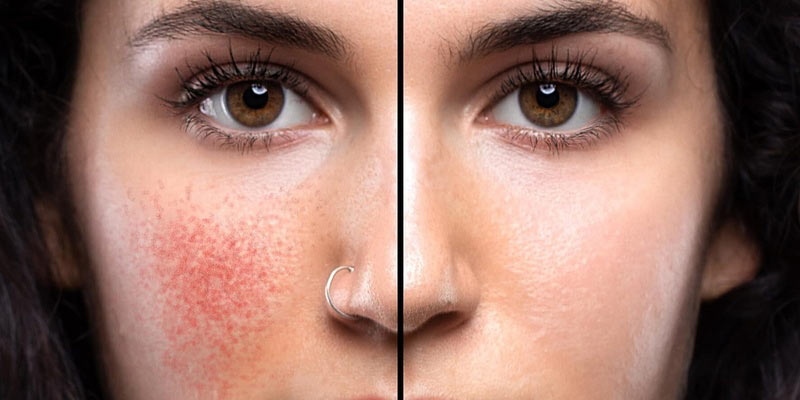Cholinergic urticaria (CU) is a type of chronic hive that can cause intense itching and swelling in parts of the body when it is exposed to heat or sweat. This condition can have far-reaching impacts on daily life, including causing difficulty concentrating, trouble sleeping, feeling overwhelmed or irritable, and frequently tired.
Fortunately, with proper diagnosis and treatment, cholinergic urticaria can be managed so people affected can live symptom-free lives. This blog post will look at cholinergic urticaria, its causes and symptoms, and ways to treat it.
Introducing Cholinergic Urticaria
Cholinergic urticaria (CU) is a chronic type of hives that can cause intense itching and swelling when parts of the body are exposed to heat or sweat. This condition can affect many aspects of daily life and significantly impact the quality of life. Symptoms include difficulty concentrating, sleeping, feeling overwhelmed or irritable, and frequently tired.
The cause of cholinergic urticaria is not fully understood but appears to be related to an abnormal response by the body’s immune system. When certain triggers such as stress, exercise, heat, or sweating occur — known as cholinergic stimuli — it causes the release of histamine, which leads to hives appearing on the skin.
Cholinergic Urticaria Symptoms
1. Small red spots on the skin
These spots are usually slightly raised and can be itchy or painful.
2. Swelling of the skin
This is also known as angioedema, which can occur with hives and may cause redness around the eyes, face, lips, tongue, throat, or other areas.
3. Flushing of the skin
Also known as blushing, this can occur when a person experiences heat or sweating with cholinergic stimuli. It may appear as red streaks on the body that spread out over time.
4. Intense itching
This usually occurs in conjunction with the hives and can last several minutes to hours after exposure to a cholinergic trigger.
5. Feeling of warmth or burning sensation
This feeling can accompany the hives and is usually described as an uncomfortable heat.
6. Pain in the skin
This pain may occur with the itching and may be localized to the area of skin affected by the hives.
7. Headache
A headache may accompany other symptoms of cholinergic urticaria, such as itching and swelling.
8. Difficulty sleeping
People living with CU may experience difficulty falling asleep or staying asleep due to intense itching, discomfort from hives, or other symptoms related to this condition.
9. Feeling overwhelmed or irritable
Living with cholinergic urticaria can be very difficult for people affected by the condition, who may feel overwhelmed or irritable.
10. Feeling constantly tired
People living with CU can frequently be exhausted due to itching, discomfort from hives, or other symptoms related to this condition.
Possible Complications
Cholinergic urticaria can lead to a range of potential complications, including:
1. Skin Infections
Itching associated with cholinergic urticaria can cause skin irritation and lead to infections such as cellulitis.
2. Psychological Problems
Living with the chronic itching and discomfort caused by CU can be emotionally draining for those affected, leading to depression, anxiety, or other mental health issues.
3. Asthma Attacks
Sometimes, hives may trigger asthma symptoms in people with asthma or other respiratory conditions.
4. Anaphylaxis
In rare cases, severe reactions from cholinergic urticaria can cause anaphylaxis — a potentially life-threatening allergic reaction requiring immediate medical attention.
5. Quality of Life
The itching, discomfort, and other symptoms caused by cholinergic urticaria can significantly affect a person’s quality of life, leading to decreased productivity at work or difficulty performing everyday tasks.
Cholinergic Urticaria Causes and Risk Factors
The cause of cholinergic urticaria is not fully understood, but it appears to be linked to an abnormal response by the body's immune system when certain triggers occur. These triggers — cholinergic stimuli — include exercise, stress, heat, or sweating.
Studies have found that people with asthma or hay fever are more likely to develop CU than those without these conditions. Additionally, research has shown that CU can run in families and may affect both male and female children. People over 30 are also more likely to experience this type of hives.
It’s important to note that there are other possible causes for hives, such as food allergies, insect bites, or exposure to certain chemicals or plants. Therefore, seeking medical attention is important to receive an accurate diagnosis and treatment plan for cholinergic urticaria.
Diagnosing Cholinergic Urticaria
If you suspect you have cholinergic urticaria, your doctor will likely perform a physical exam and review your symptoms. They may also ask questions about your family health history, recent medications taken, or any other potential triggers that could have caused the hives. Your doctor may also order blood tests to rule out other causes of hives, such as food allergies or infections.
To confirm a diagnosis of cholinergic urticaria, your doctor may perform an intradermal test. This involves injecting a small amount of histamine solution into the skin and measuring the body’s reaction. If hives appear within 15 minutes, it is likely due to CU.
Sometimes, doctors may also order a skin biopsy to diagnose CU. A sample of the affected area will be taken and examined under a microscope for signs of inflammation or other abnormal cells that may indicate cholinergic urticaria.
Cholinergic Urticaria Treatment
Fortunately, cholinergic urticaria can be managed with proper treatment and lifestyle changes. Depending on the severity of your symptoms, your doctor may recommend a combination of medications and self-care measures to help reduce itching and swelling.
Anti-itch medication
Your doctor may prescribe antihistamines or topical corticosteroids to help reduce itching and other symptoms associated with cholinergic urticaria.
Immunosuppressants
Sometimes, your doctor may prescribe immunosuppressant medications such as cyclosporine or methotrexate to help control your body's reaction to histamine.
Lifestyle modifications
Making lifestyle changes can also help reduce symptoms of cholinergic urticaria. These include avoiding hot baths or showers, exercising in cooler temperatures, and wearing lightweight clothing to help keep your body temperature cool.
Alternative treatments
In some cases, alternative treatments such as acupuncture, herbal remedies, and dietary changes may be beneficial for managing cholinergic urticaria symptoms. Talk to your doctor before trying alternative therapies, as they may interact with your medications.
FAQs
Is cholinergic urticaria serious?
Cholinergic urticaria is not life-threatening, but the chronic itching and discomfort associated with it can have a significant impact on daily life. Therefore, seeking medical attention is important if you suspect you have this condition.
Can cholinergic urticaria be cured?
There is currently no cure for cholinergic urticaria. However, it can be managed with proper treatment and lifestyle changes. Talk to your doctor about the best treatment plan for you.
Are there any home remedies for cholinergic urticaria?
Several home remedies may help reduce symptoms of cholinergic urticaria, such as taking cool showers or baths, wearing light clothing, and avoiding exercise or activities that cause sweating. However, it’s important to speak with your doctor first before trying any home remedies.
Conclusion
Cholinergic urticaria is a chronic condition characterized by intense itching and swelling in parts of the body when exposed to heat or sweat. With proper diagnosis and treatment, cholinergic urticaria can be managed so people affected can live symptom-free lives. If you believe you may have this condition, it’s important to seek medical advice from your doctor to determine the best treatment plan.

